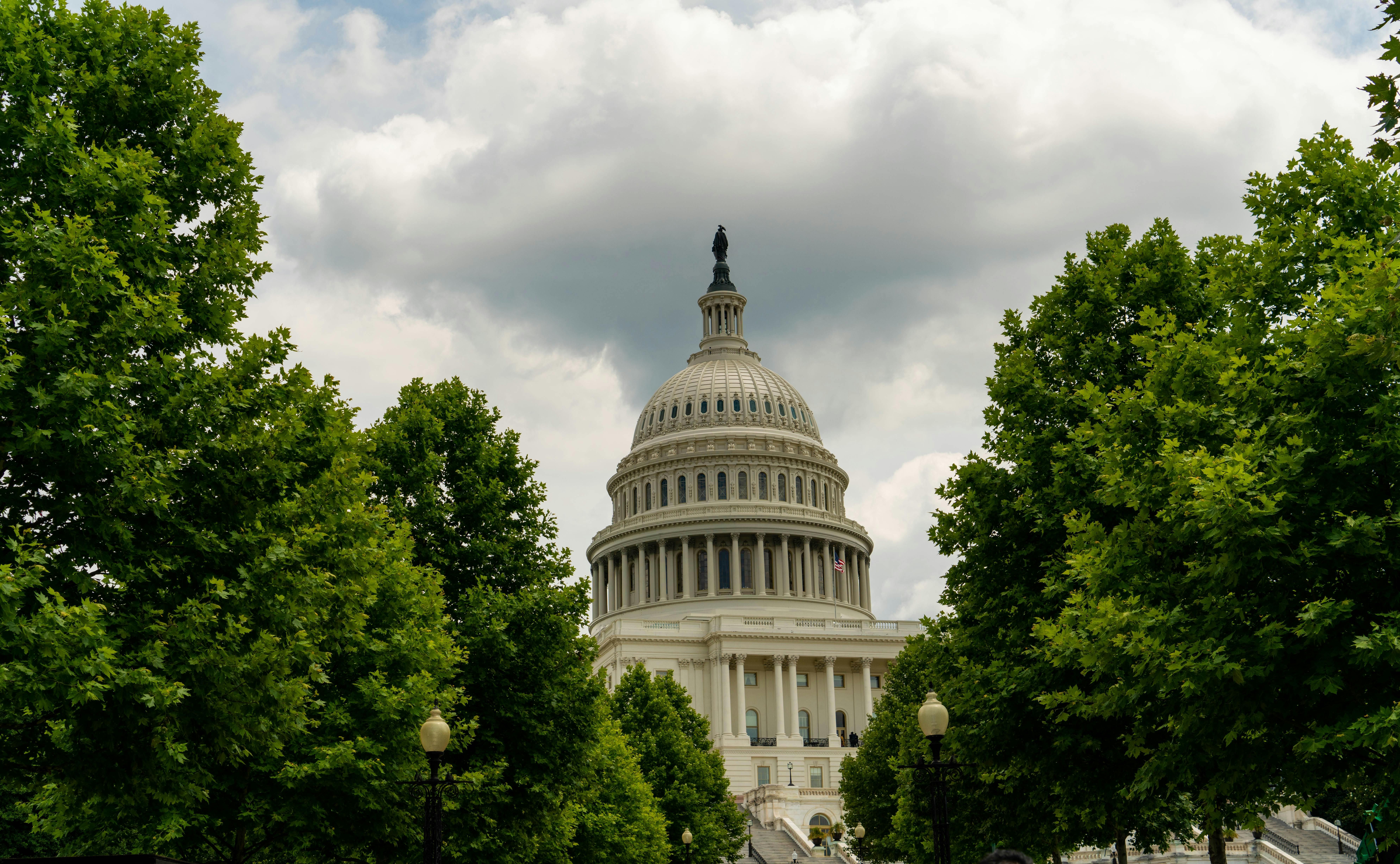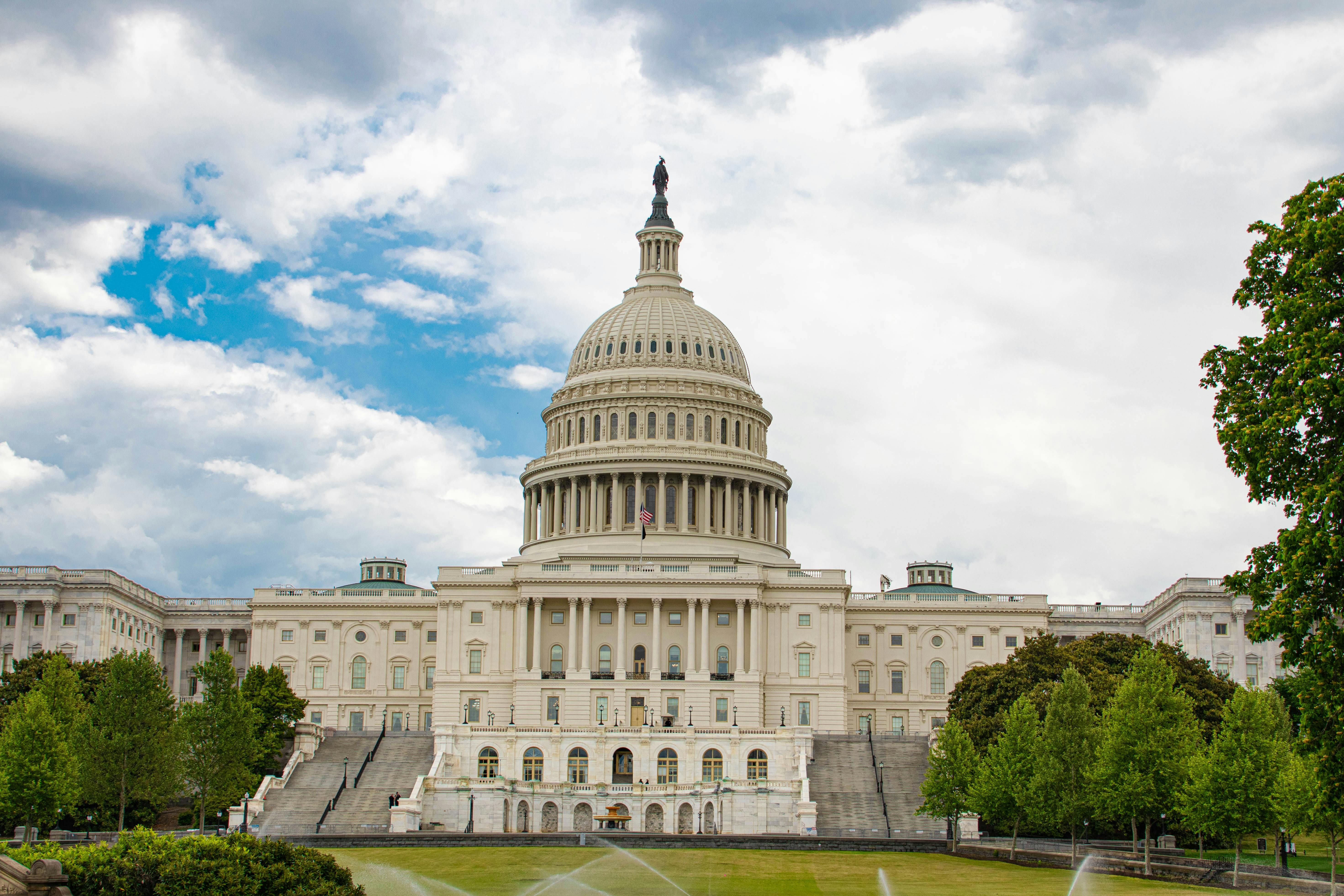Senate Democrats Centrist Faction Thinning Out: Insight into the Departure of Three Pivotal Negotiators
In a recent decision that's shaking up the political landscape, Sen. Gary Peters and a handful of fellow moderate Democrats have decided to call it quits on their Senate careers. With the party grappling to regain ground lost to Trump in 2024, Peters' departure is a tough blow, especially as Senate Democrats struggle to revitalize the middle ground that's vanishing.
In an informal chat last week, Peters acknowledged the difficulty of the job, saying, "The middle is disappearing." The trio of retiring senators - also including Tina Smith of Minnesota and Jeanne Shaheen of New Hampshire - epitomize the hurdles faced by Democrats out of power. Their departures also underscore deeper issues plaguing the Senate, which has grown increasingly partisan and unproductive over the years.
Although the retiring Democrats may come from different political backgrounds, they all have a common thread: they've been instrumental in dozens of quiet, bipartisan negotiations. Their departures leave a more divided Senate where the middle – both in terms of ideology and party affiliation – has eroded. In Shaheen's own words, "It's not just gotten more partisan, but the base has gotten to the point where, if you work with the other side, that's considered by some to be a negative character trait of what people are doing."
Other potential departures loom on the horizon, like Sen. Michael Bennet of Colorado, who's eyeing a run for governor in 2026 instead of another Senate term.
This change in the Senate hasn't always been the norm. Recall the Senate of yesteryears, where deal-making lawmakers from both sides of the aisle thrived. This shift toward extremism and increased partisanship is taking a toll on the Senate's ability to make deals, leaving many to question the incentives for senators to negotiate and compromise.
Sen. Angus King, a Maine independent who caucuses with Democrats, put it succinctly: "We're getting to a place where people are coming here ready to fight rather than ready to legislate." This is a worrying sign for the future of bipartisan negotiation, but not all hope is lost.
During Trump's first term, a select group of senators managed to cut deals on a series of packages to protect the nation's economy amid the once-in-a-generation pandemic. Today, however, big, bipartisan legislation seems an elusive goal. This year, even funding the government – a task considered the bare minimum – barely got done.

Several current and former senators attribute the shift to the country becoming more polarized, with campaigns growing bitterer and incumbent lawmakers facing threats from their bases as much as from the opposing party. This atmosphere erodes senators' incentives to stick around Washington, particularly for Democrats, who are tasked with a longshot quest to regain the majority in 2026.
These retirements create three open races in states where the incumbents likely would have had a key advantage. The Democrats will have to coalesce around a unified message ahead of the midterms, find a way to harness the energy of the more progressive base, and battle in states where they've lost ground to Trump.
For those senators still in the midst of the chaos, the departure of moderates only makes things tougher. "I've already told Jeanne Shaeen, 'Please don't leave!'" said Sen. Lisa Murkowski, the Alaska Republican who famously fended off a primary challenge in 2010 to win a write-in campaign in the general election.
The personal cost of the job – something often overlooked – was a factor for the retiring Democrats as they weighed their decisions. They have to trek through airports and race to votes several days each week, with little predictability of when they'll be back home. Their schedules are filled with meetings, votes, and fundraising that deplete even the odd hours of their weeks in Washington.
Despite their departures, each retiring Democrat stressed the privilege and honor of serving in the Senate. They have at least a hobby or two they look forward to returning to, like Sen. Peters, who's excited about riding his Harley Davidson on a twistin', turnin' road with the wind in his face.
As these senators ride off into the sunset, they leave behind a more polarized Senate and a clear need for mechanisms to foster bipartisanship. Efforts to improve cross-party dialogue and find common ground will be essential for maintaining the Senate's role as a balanced and effective legislative body.

Morgan Rimmer of CNN contributed to this report.
Enrichment Data:
Overall:
Some moderate U.S. senators are retiring due to various reasons, including the increasing polarization of the political landscape, which makes deal-making more challenging. The retirements of senators like Gary Peters of Michigan, Tina Smith of Minnesota, and Jeanne Shaheen of New Hampshire exemplify this trend. Let's explore the reasons behind their retirements and the implications on bipartisan negotiations and the Senate.
Reasons for Retirement

- Polarization: The political middle ground is disappearing, making it harder for moderate senators to navigate and achieve bipartisan agreement without facing criticism from their own party.
- Age and Personal Factors: Some senators are nearing retirement age, leading to personal decisions about whether to continue serving in a challenging environment.
Implications on Bipartisan Negotiations
- Loss of Deal-Makers: Moderate senators often play a crucial role in forging bipartisan deals. Their retirements reduce the number of voices capable of bridging the gap between parties, potentially leading to more gridlock.
- Increased Polarization: Without moderate voices, the Senate may become even more polarized, making it difficult to pass legislation that requires bipartisan support.
Implications for the Institution
- Institutional Influence: The Senate's ability to broker agreements and work across party lines is diminished when moderates retire. This can lead to a decrease in the Senate's effectiveness in addressing complex national issues.
- Balance of Power: Retirements can shift the balance of power within the Senate, depending on who replaces these senators. If more extreme candidates fill the seats, it could further polarize the chamber.
Future Outlook

The retirements of moderate senators highlight the need for mechanisms to foster bipartisanship. Efforts to improve cross-party dialogue and find common ground will be essential for maintaining the Senate's role as a balanced and effective legislative body.
- The departure of Senator Gary Peters and other moderate Democrats, like Tina Smith and Jeanne Shaheen, from the Senate leaves a more divided legislative body, with the middle ground that's vital for bipartisan negotiation increasingly eroded.
- The retirements of these senators, who were instrumental in quiet, bipartisan negotiations, will likely make it harder for Democrats to make deals and compromise, as the Senate continues to grow more partisan and unproductive.
- As these senators leave, there's an urgency to find mechanisms that foster bipartisanship, as the Senate's ability to work across party lines is critical for addressing complex national issues and maintaining its role as a balanced and effective legislative body.







